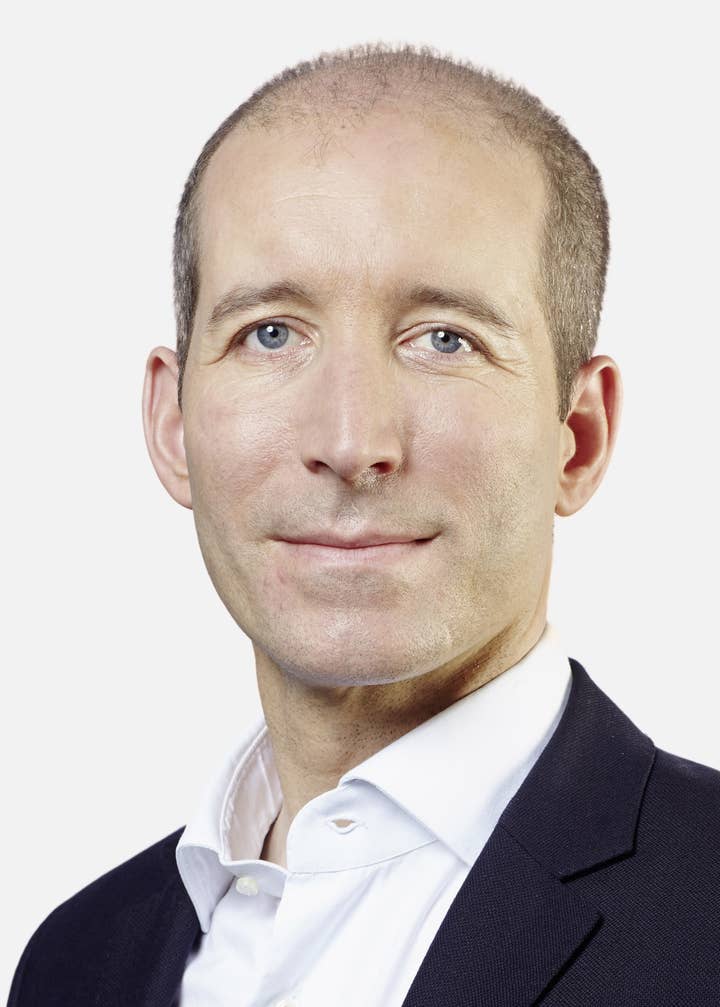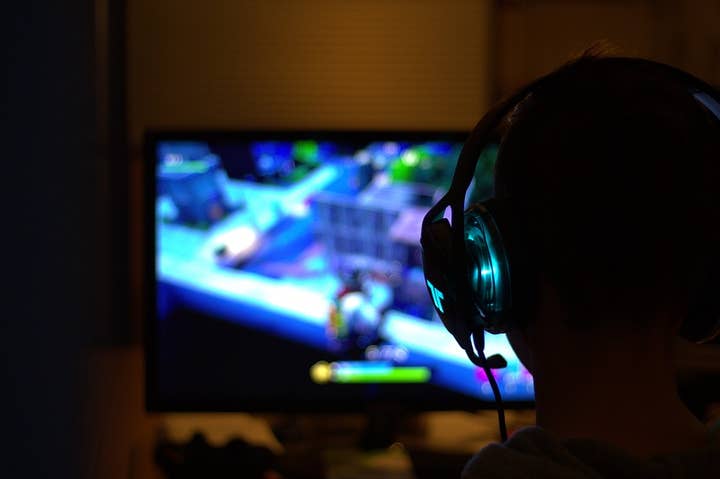The games industry must remain vigilant on safeguarding children | Opinion
For Safer Internet Day, EGDF's Hendrik Lesser and ISFE's Dr Olaf Coenen discuss the evolving tools and educational efforts around protecting young players
We can be rightly proud of our long, established history of safeguarding children in our games and on our platforms through ensuring our games are brilliant fun whilst investing in the tools, the technology and the teams to make playing video games a positive experience for all, especially our youngest players. But we know we can never be complacent. We must remain vigilant, constantly evolve our safeguards and work to educate parents and guardians about the options available to them.
In Brussels, there is more and more focus on making the online world a safe place to be. The spotlight is, rightly, on keeping children safe in the digital age, particularly in places like social media where harms are being seen most often. Lawmakers are looking at rules for platforms that host illegal content; privacy and data protection; a declaration on the rights of the child in the digital environment; and, later this year, we await the publication of a new Better Internet for Children strategy.

Whilst the majority of video game players are adults, many European children are playing our games and we have a responsibility to go above and beyond what is expected -- and we do. Educating not only our players, parents and teachers, but also everyone who works in the industry, is key to optimising the efficacy of the available tools and safeguards.
Europe's video game sector is, in fact, at the forefront when it comes to safety-by-design: we have had parental control tools since 2003 . This is almost 20 years of experience and ever-evolving improvements to controls that are integrated in both our software and hardware.
As an industry, we should be proud of our achievement and the most obvious sign that we have been doing something right is that others have started doing the same thing: VOD platforms, digital device manufacturers and online platforms are now taking inspiration from our sector and are launching their own parental control tools. We see this as a celebration and acknowledgement of our best-in-class minor protection tools.
It is also important to remember that children are not just playing games, they are creating and learning too. Encouraging children to develop games and player-generated content is a way to help express themselves freely and to begin their journey as digital citizens, building awareness of digital spaces and how to operate safely within them.
ISFE launched a campaign, #SeizeTheControls, at the end of 2021 to inform parents and guardians about the parental control tools, settings, reporting tools and labelling available to them to help make educated decisions about their children's gameplay. This includes information on how to monitor their gameplay behaviour, such as managing their playtime, limiting or blocking spending and how they interact with other players.
It also shows parents the importance of talking to their children about their gameplay, through taking an active interest and engaging in an open dialogue. In our ever-evolving digital society, we must equip and support parents to responsibly and knowledgeably guide their children in their digital experiences, whether that involves social media, browsing the web, the use of messaging apps to share content, or playing multiplayer video games.
In 2021, EGDF, ISFE and PEGI organised a number of joint national webinars to educate European game developers and publishers on the latest updates on the PEGI age ratings system and how they should be implemented in games published in Europe.

For this Safer Internet Day, we would like to ask those of you who work in the industry to play your part in ensuring those who should be using controls are aware of them. So please tell your friends and family, neighbours, your children's teachers:
1. Tell them about PEGI -- our age rating and content description system and code of conduct. Set up back in 2003 and used in 38 countries, the code deals with age labelling, promotion and marketing, and provisions to ensure a safe online environment (ranging from a coherent privacy policy and appropriate reporting mechanisms to online community standards and the removal of inappropriate content). Everyone in the sector, anyone playing or buying a game and every regulator should know about PEGI.
2. Tell them about the parental control tools available on your games and devices
3. Tell them about the education campaigns that are available in their country and in their language or send them a link to #seizethecontrols
4. Tell them about the in-game reporting tools, should they come across an incidence of anything inappropriate whilst playing
5. Tell them about our "Five tips for parents"
6. Tell them to talk to their kids about their video games. Or, better still, tell them to play games with their kids -- they might enjoy it!
7. Make sure everyone in your company, whether you are the smallest developer or a multinational publisher, knows about the tools and understands how to use them. The people who work within the sector should be the greatest ambassadors for what we do to keep our young players safe and to keep gameplay fun
It was humbling to see the hugely positive impact we had during the COVID-19 lockdowns and to show everyone what we in the industry already know -- playing video games isn't just brilliant fun, it has all sorts of other benefits for mental health, general wellbeing, education, socialising and connecting people. Making gameplay a positive, exciting, fun experience for all our players, and for our young players in particular, is in our DNA.
We firmly believe we can help Europe's regulators meet their policy goals on child safety online. The tools and safeguards are all there and are constantly evolving. We call on everyone in our industry to spread the word and make promoting our minor protection efforts a corporate priority -- because they are really good.
We need to share these far and wide, for the sake of our young players and for the good of our sector and our games. We are confident that we are doing everything possible to keep our young players safe. We just need to make sure that everyone else knows that too.
Hendrik Lesser is President of the European Games Developers Federation and CEO at Remote Control Productions. Dr. Olaf Coenen is Chair of the Interactive Software Federation of Europe and vice president for global commercial management at Electronic Arts.
